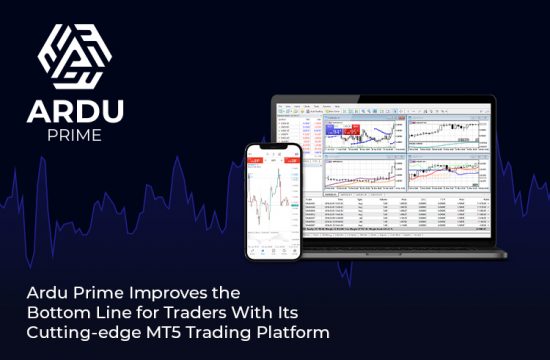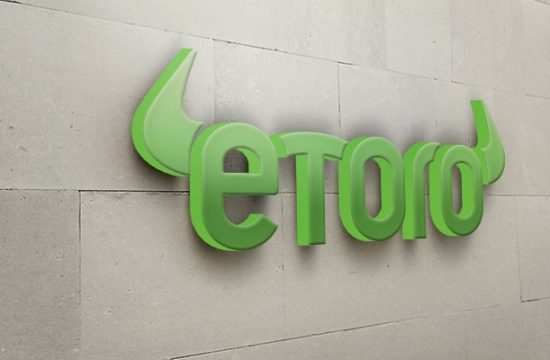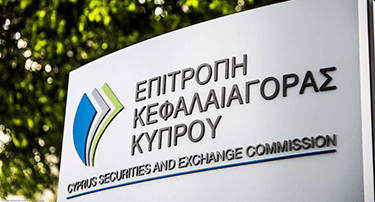With the end of LIBOR drawing closer, the Financial Conduct Authority (FCA) is encouraging market participants to actively transition from referencing LIBOR rates in their trades.
In this respect, the mega regulator has revealed new arrangements that confirm the ceasing of the sterling, Japanese yen, Swiss franc, and euro LIBOR panels on December 31, 2021. Today’s announcement is intended to avoid disruption to legacy contracts that reference “the one-, three-, and six-month sterling and JPY LIBOR settings.”
To adopt the upcoming changes, LIBOR benchmark administrators are required to publish these settings under a “synthetic” methodology, based on term risk-free rates, for the duration of 2022.
The UK regulator also published a consultation paper on the proposed decision on which legacy contracts can use these synthetic rates. The comment period for this consultation ends on October 20, 2021.
Earlier this year, the FCA recommended adopting new quoting conventions for inter-dealer trading based on SONIA. Instead of interbank offered rates, this step facilitates a further shift in market liquidity toward SONIA, bringing benefits for a wide range of users as they move away from LIBOR.
This shift is expected to boost liquidity in these products, which will aid relevant providers in achieving the Working Group’s key milestone of ceasing GBP LIBOR-linked non-linear derivatives.
The FCA has been taking steps to promote the switch from LIBOR to SONIA. Throughout the last few months, they actively provided guidance to lenders, borrowers and investors who are amending their documentation to reference SONIA.
The UK regulators announced final dates for the cessation of all London Interbank Offered Rate (LIBOR) benchmark settings, currently published by ICE Benchmark Administration (IBA).
The FCA has confirmed that all LIBOR settings will either cease to be provided by any administrator or no longer be representative after December 31, 2021.
The news comes as the scandal-ridden LIBOR is set to retire at the end of 2021 as the world’s most important benchmark following a multi-year rigging scandal by a major lender since the 2008 financial crisis.
Additionally, they were a dozen bankers that have been convicted on Libor rate-rigging charges in a series of prosecutions brought by global regulators, which ultimately prompted an overhaul of the rate-setting rules. Prosecutors alleged that bank traders dishonestly manipulated the rate to benefit their own trading positions, nudging them up or down while ignoring rules that they should be set independently.
LIBOR, which underpins more than $300 trillion in derivatives and other instruments, is set to be replaced worldwide with the Bank of England’s Sonia rate for sterling-denominated swaps, loans and futures.
Global regulators urged market participants earlier last year to accelerate the shift to the Sonia overnight rate before it ceases issuance of cash products, referencing Libor by the fourth quarter.











